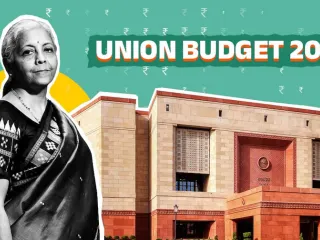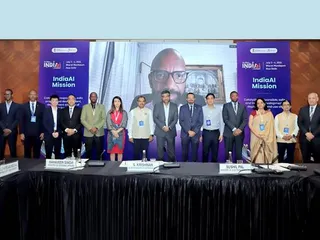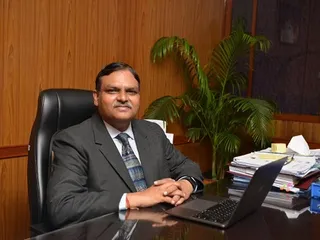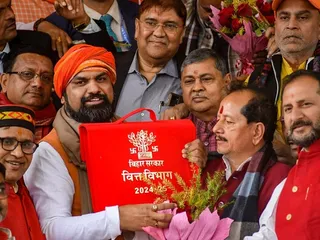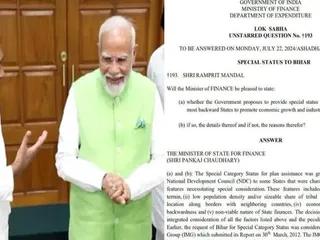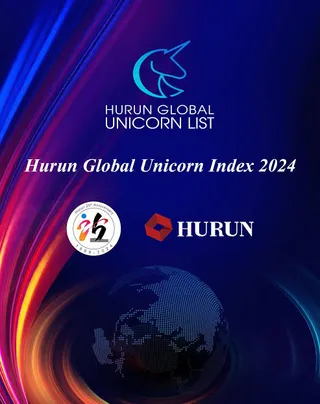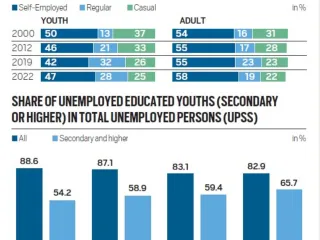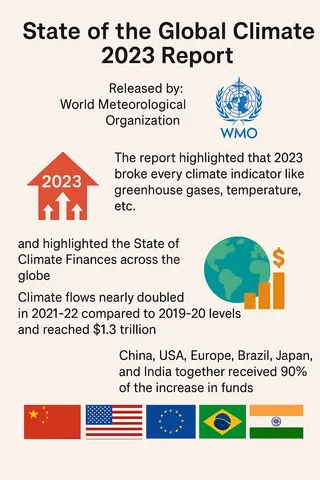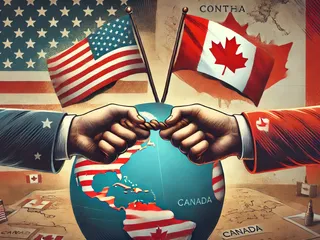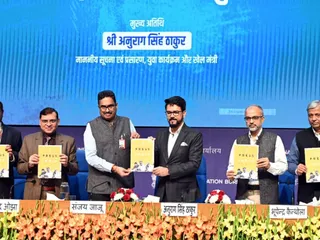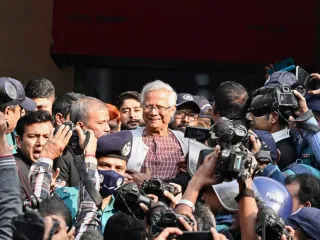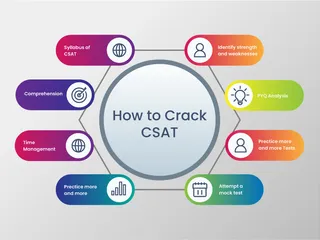Poverty eradication and inclusive growth are intrinsically linked. Sustainable development cannot be achieved without addressing both simultaneously. Inclusive growth ensures that the benefits of economic expansion reach all segments of society, leaving no one behind. This requires a multi-faceted approach targeting various interconnected factors.
Key Strategies for Poverty Eradication and Inclusive Growth:
- Investing in Human Capital: Education, healthcare, and skill development are crucial for empowering individuals and fostering a productive workforce. Improved health leads to increased productivity and longer working lives, while education equips individuals with the skills needed for higher-paying jobs and entrepreneurship.
- Promoting Economic Diversification: Reliance on a single industry or sector can exacerbate inequality. Diversification creates more opportunities and reduces vulnerability to economic shocks.
- Strengthening Social Protection Systems: Social safety nets, such as unemployment benefits, cash transfers, and food assistance programs, provide crucial support to vulnerable populations, helping them cope with economic hardship and invest in their future.
- Empowering Women and Marginalized Groups: Women and marginalized communities often face significant barriers to economic participation. Addressing these barriers through targeted interventions and policies can unlock significant economic potential and promote more equitable growth.
- Sustainable Infrastructure Development: Investments in infrastructure such as transportation, energy, and communication networks are essential for connecting people to markets and opportunities.
- Good Governance and Institutional Reforms: Transparent and accountable governance is critical for ensuring that resources are used effectively and that policies are designed to benefit all citizens. Combating corruption and strengthening the rule of law are vital components.
- Sustainable Agriculture and Rural Development: Investing in sustainable agricultural practices and rural infrastructure can increase food security, create jobs, and reduce poverty in rural areas.
- Access to Finance and Credit: Access to affordable credit and financial services is essential for entrepreneurs and small businesses, enabling them to invest, expand, and create jobs.
Global Initiatives and Resources:
The United Nations Sustainable Development Goals (SDGs), particularly SDG 1 (No Poverty) and SDG 10 (Reduced Inequalities), provide a framework for global action on poverty eradication and inclusive growth. Numerous organizations, including the World Bank, the International Monetary Fund (IMF), and various NGOs, are actively involved in supporting these efforts.
Further research into specific case studies and policy interventions is recommended for a deeper understanding of this complex issue.




